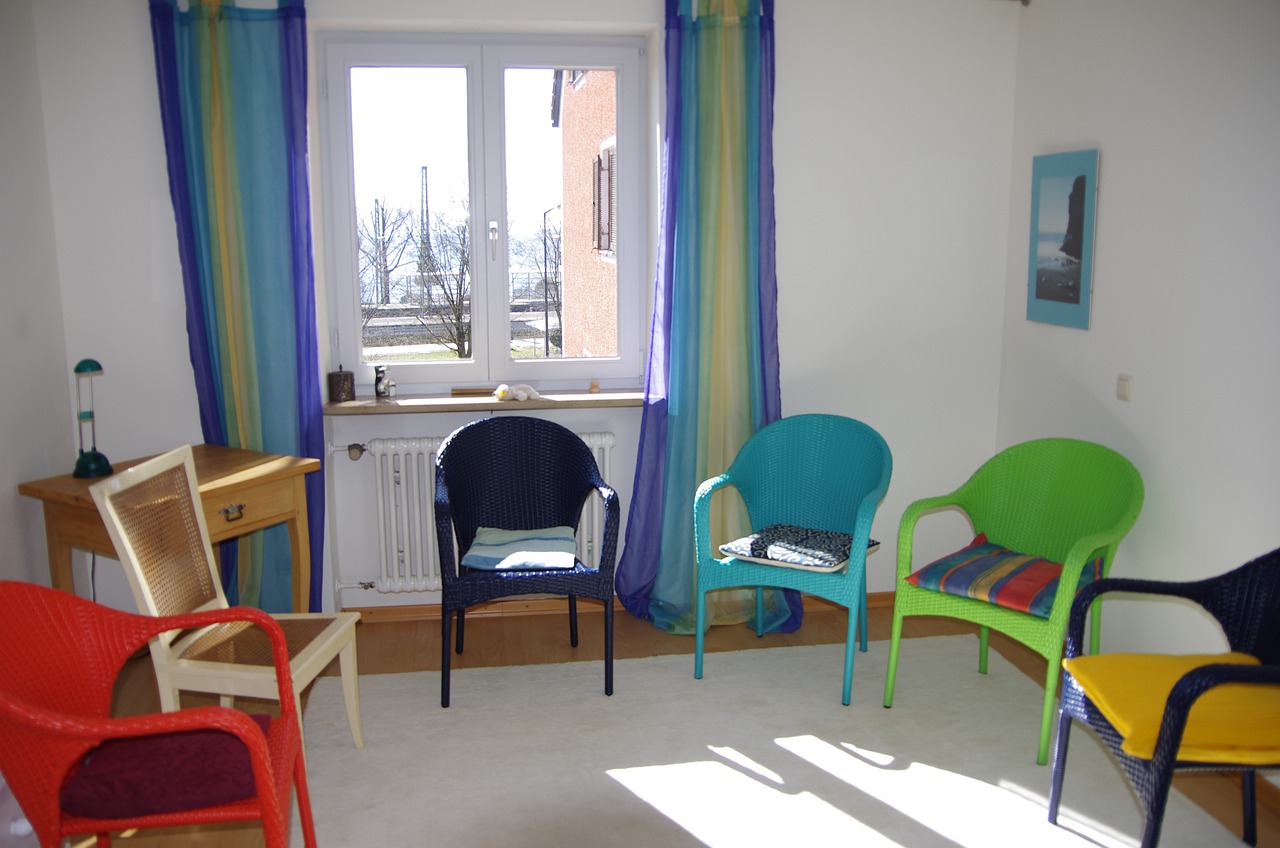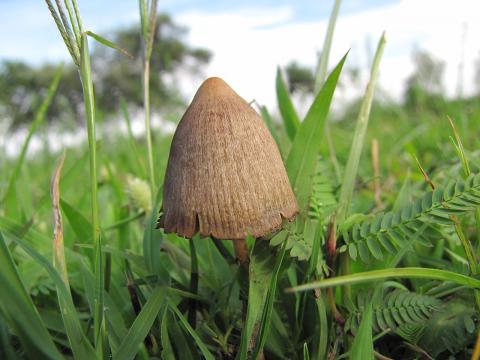Reactions: Psilocybin-assisted group therapy reduces depression symptoms in cancer patients
A dose of psilocybin—a hallucinogenic substance—administered to groups of 3 or 4 people suffering from cancer and depression may help reduce their depressive symptoms, according to a clinical trial conducted in the United States. The study involved 30 patients who also received individual and group therapeutic support. In another article, also published in the journal Cancer, the authors examine how the study participants perceived the therapy.

psilocibina cancer - Virtudes Pérez EN
María Virtudes Pérez Jover
Professor of Social Psychology, Department of Health Psychology
Currently, there is a growing interest in the development of 'psychedelic therapies' or psychedelic-assisted psychotherapies as facilitators for treating emotional disorders associated with some physical illnesses, including cancer (Agin-Liebes et al., 2020; Malone et al., 2018; Reiff et al., 2020; Swift et al., 2017). These therapies involve the controlled use of psychedelic substances, such as psilocybin or MDMA, under therapeutic supervision. Some studies seem to show that these substances can be effective in treating mental disorders such as depression, anxiety, post-traumatic stress disorder, and addiction (Dawood & Pérez-Jover, 2023; Wheeler & Dyer, 2020).
The increasing number of experimental or quasi-experimental studies currently being conducted to explore the effectiveness and safety of these substances is encouraging. However, caution is still necessary, as psychedelic substances can also have risks and side effects. On one hand, some individuals may not tolerate these substances; on the other hand, the psychedelic experience may be unpleasant; it can also be consumed in an uncontrolled and abusive manner, etc. Therefore, even though the use of these substances is not yet legal in Spain, therapeutic treatment should be administered by professionals trained in their use and in an appropriate and controlled clinical environment.
Óscar Álvarez Bobo - psilocibina EN
Óscar Álvarez Bobo
Psychiatrist and principal researcher at Parc Sanitari Sant Joan de Deu and Fundació de Recerca Sant Joan de Deu and secretary of the Spanish Society of Psychedelic Medicine
This new study evaluates the efficacy of psilocybin, administered in a group format, for the treatment of depression in cancer patients. The results are highly significant, with differences of 19 points on the MADRS depression scale, sustained at two months of treatment, and sustained remission rates of up to 50%. This is a group of patients for whom treatment with conventional antidepressants has shown little efficacy and is fraught with difficulties - due to side effects, delayed onset of action and the patients' own physical frailty. That said, we should not forget that this is a small (30 patients), uncontrolled study, which does not allow us to draw any definitive and generalisable conclusions about the efficacy of this treatment format in the real world.
On the other hand, it is worth mentioning that these results are in line with a much larger body of evidence that has been accumulating over the last 10 years. At least five randomised controlled clinical trials have demonstrated the efficacy of psilocybin for the treatment of depressive symptomatology, of which two were conducted precisely in patients with cancer or terminal illness and two in patients with treatment-resistant (non-cancer associated) depression. All these trials have in common a break with traditional psychiatric treatment paradigms, based on biopharmacological models of chronic treatment and centred on the symptom, towards a psychiatry that puts the patient and their experience (in this case, facilitated by the drug and therapeutic accompaniment) at the centre as a mechanism for transforming pathological processes.
In my opinion, the real importance of this particular study is that it proves for the first time the feasibility of administering this type of treatment in a group format, at the community level, in a safe manner and with good tolerability by the patients. This has very significant implications for the cost and availability of these treatments to a wider population.
One of the main criticisms levelled against psychedelic therapies is their potentially high cost, stemming from the need for specially trained therapists, spending a large number of hours accompanying patients before, during and after the administration of treatment. In the clinical trials carried out to date with various substances (such as MDMA, Psilocybin or DMT), the treatment model offered tends to vary between 12 hours of professional per patient in minimally interventional cases, and up to 75 hours of professional per patient in more intensive treatments (for post-traumatic stress disorder). To this, of course, must be added the cost of adequate facilities and the necessary support staff. This, understandably, raises important doubts about the generalisation of this type of treatment beyond an elite population that can afford it.
In this sense, it is very welcome to begin to see some results confirming the possibility of delivering these treatments in group and community settings. This format would clearly contribute to lowering the costs of delivery and training of therapists, and thus the accessibility of treatment for patients in need.
Manish Agrawal et al.
- Research article
- Peer reviewed
- Clinical trial
- People
Yvan Beaussant et al.
- Research article
- Peer reviewed
- People



